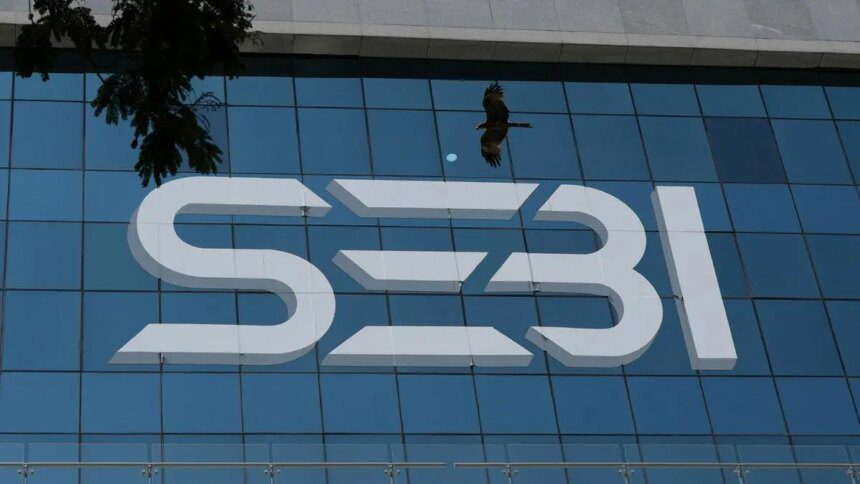The Securities and Exchange Board of India (SEBI) and the Reserve Bank of India (RBI) are in advanced discussions to promote trading in corporate bond index derivatives to enhance the debt market, a senior SEBI official announced on Friday.
At the ASSOCHAM National Council for Corporate Bonds event, Ananth Narayan, a whole-time member of SEBI, stated, “Corporate bond index derivatives trading is another frontier…Good discussions are ongoing between SEBI and RBI, and we are hopeful that we will see progress soon.”
Current secondary bond trading volumes, approximately ₹1.4 lakh crore monthly, remain significantly lower than equity markets, which can trade similar amounts in a single day. This discrepancy persists even as corporate bond issuances have surged, with nearly ₹10 trillion raised in fiscal year 2025 and ₹3.5 trillion issued by July of the current fiscal year.
In January 2023, SEBI approved futures on corporate bond indices, enabling stock exchanges to launch Cash-Settled Corporate Bond Index Futures (CBIF) contracts for corporate debt securities rated AA+ and above.
Narayan emphasized the importance of renewing efforts in collaboration with the RBI, as previous attempts lacked momentum. “If we can make bond trading more comparable to equity trading — in terms of settlement, platforms, and even trading culture — we may see this investment class take off,” he remarked.
The market for outstanding corporate bonds has experienced significant growth, increasing from ₹17.5 trillion at the end of FY2015 to ₹53.6 trillion as of March 2025. However, the bond market continues to be dominated by institutional investors such as banks, insurers, provident funds, and mutual funds, with retail and foreign investors remaining largely on the periphery.
Meanwhile, the municipal bond market is still in its infancy, with only 16 issuances totaling ₹3,134 crore since 2017, representing just 0.02 percent of GDP. “The potential here is immense, but there is a significant need for capacity building and investor confidence,” Narayan noted.
He further stated, “Developing alternate asset classes is not optional anymore; it is an imperative for sustained capital formation in India.”
To enhance transparency, access, and liquidity in the debt and hybrid markets, SEBI has implemented a series of reforms. These include creating a one-stop database for bond information, establishing a framework for Online Bond Platform Providers, lowering the minimum investment requirement in privately placed bonds from ₹1 lakh to ₹10,000, and introducing a liquidity window facility that allows investors to sell bonds back to issuers before maturity.
Published on September 19, 2025.










